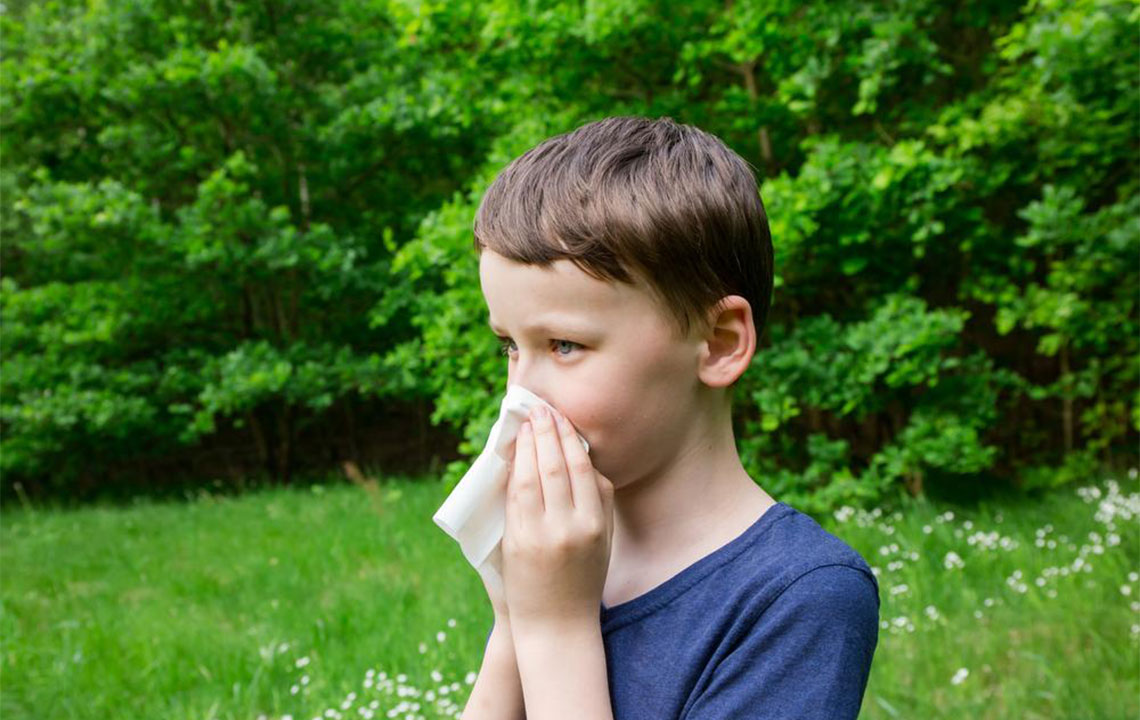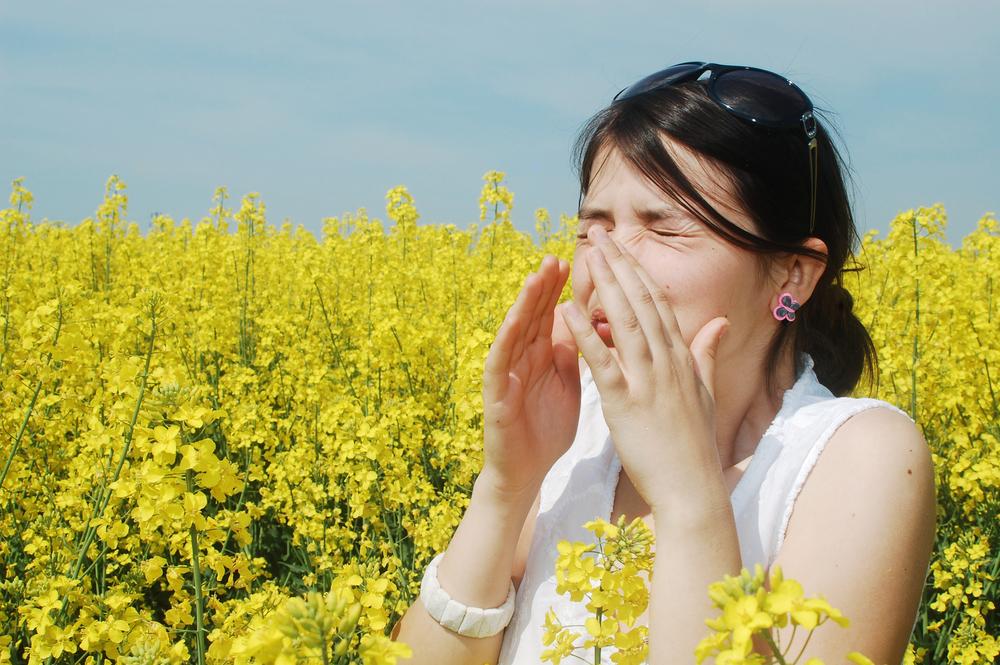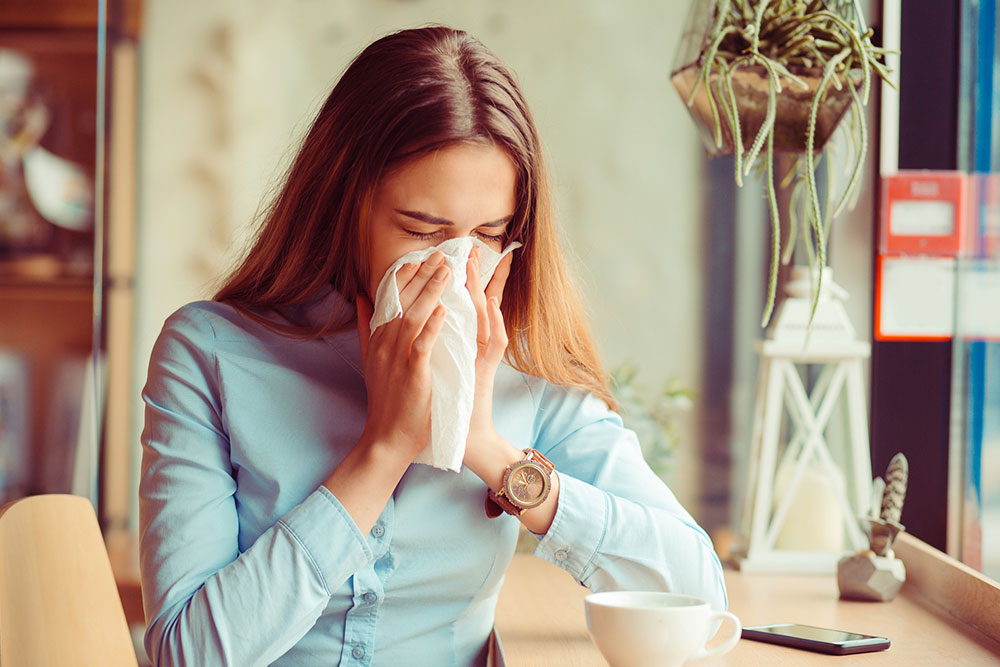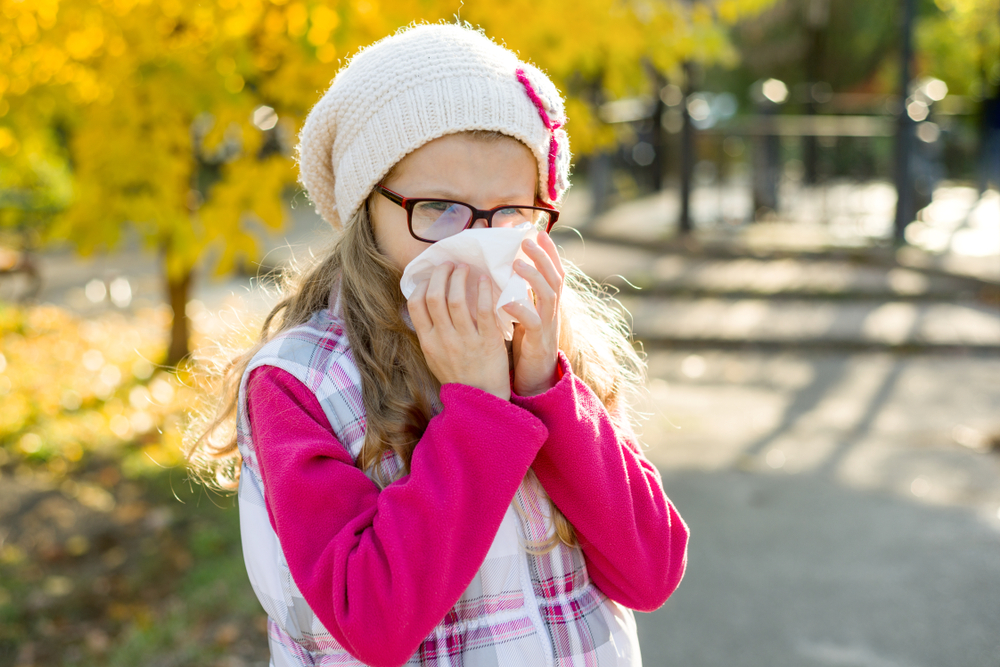Top Strategies for Alleviating Pollen Allergy Symptoms
Discover effective methods to manage pollen allergies, from early medication use to quick relief techniques. Learn how to minimize exposure, prevent symptoms, and improve your quality of life during pollen seasons with expert-approved strategies and treatments.

Top Strategies for Alleviating Pollen Allergy Symptoms
Pollen allergies affect millions nationwide, causing symptoms such as sneezing, runny noses, coughing, wheezing, and itching. The annual economic burden exceeds $6 billion due to medication and treatment costs. Since pollen allergy is a lifelong condition, managing symptoms is crucial. Although medications help, side effects like drowsiness can interfere with daily life. Identifying ways to reduce exposure and alleviate symptoms without adverse effects is essential for improving quality of life during pollen season.
So, what is pollen, and how does it trigger allergic reactions? Pollen consists of tiny particles created by flowering plants, grasses, and weeds to assist reproduction. Not all pollen causes allergies—most reactions stem from grasses and weeds like ragweed. Even if your yard is free of pollen-producing plants, airborne pollen can affect you. For example, ragweed disperses over a billion grains that can travel miles, affecting large areas.
How to Minimize Symptoms During Peak Pollen Seasons
The best approach involves starting medications early, before pollen counts rise. Pollen exposure triggers immune responses, releasing chemicals like histamine that cause sneezing, itching, and nasal congestion. Antihistamines help by blocking histamine receptors, reducing these symptoms. Consistent medication use effectively suppresses allergic responses.
Understanding how allergy medications work is vital. They prevent histamine release, controlling reactions. However, they don't clear existing symptoms like congestion—instead, they prevent future episodes. Using nasal corticosteroids about two weeks prior to pollen season further helps build immunity, as recommended by the American Academy of Allergy, Asthma & Immunology. Options include OTC drugs, prescription antihistamines, combination decongestants, and allergy immunotherapy for long-term relief. A comprehensive management plan often yields the best results.
Immediate Relief Tips for Sudden Symptoms
Saline nasal sprays can quickly clear pollen from nasal passages during flare-ups, decreasing symptom intensity by washing away allergens and reducing chemicals like IgE. If symptoms persist, consulting an allergist for testing and immunotherapy may be beneficial. Following prescribed treatments ensures better long-term control and reduces sensitivity to pollen over time.


